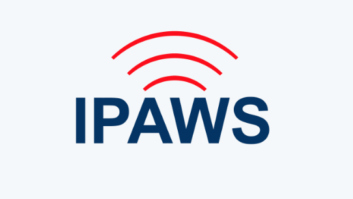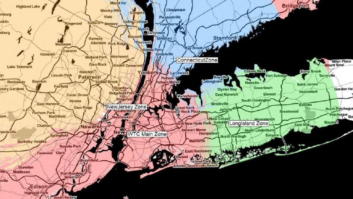Royalty payments will remain at current levels for five years for most student radio stations streaming music under an agreement reached between College Broadcasters Inc. and SoundExchange. The news comes as terrestrial radio is telling the Copyright Royalty Board its fees are too high, strangling most stations’ ability to glean any revenue from streaming.
College Broadcasters Inc. represents students involved in radio, television, webcasting and other related media ventures. SoundExchange collects and distributes digital performance royalties for satellite radio, Internet radio and cable TV channels.
A joint motion filed by the organizations with the Copyright Royalty Board would freeze royalty payments for the next five years.
Student Steve Varsanyi, program director of WSOU(FM) at Seton Hall University in South Orange, N.J., is thrilled: “This is a huge win not only for college radio, but also for bands that college stations play because an affordable settlement means stations can keep playing music, especially emerging artists.”
The proposed settlement would also continue to allow student webcasters to continue to file proxy reports in lieu of detailed data due to the nature of their operations and the size of the online audiences. CBI President Greg Weston says the change is a move in the right direction and CBI expects “the number of student stations to be able to report via proxy to rise above the 96% mark because of the submitted settlement as the threshold for being able to report via proxy has risen from 55,000 total listening hours per month via the Internet to 80,000 total listening hours.”
To be finalized, the settlement submitted Tuesday must pass what the parties call a “reasonableness test,” a CRB process to determine if proposed settlements are fair to all parties that would be bound by the proposed rates and terms. CBI Executive Director Will Robedee says the previous settlement took many months to be approved and CBI hopes this process will go more quickly because the agreement is based on a settlement already endorsed by the Copyright Royalty Board. “We have asked the CRB to determine a specific timeline to finalize approval of the settlement, which would allow us to cease litigation in this matter as soon as possible.”
CBI continues to work on behalf of student stations in the effort to make the reporting of music use as feasible as possible through its participation in the CRB streaming record-keeping proceeding, which is on-going.












